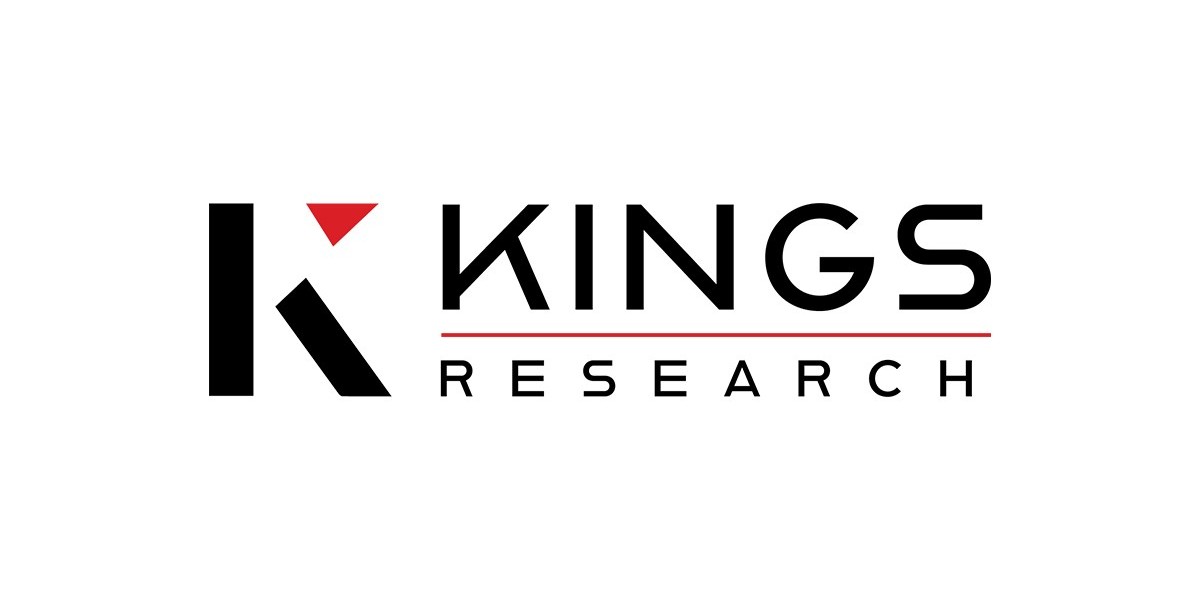I. Introduction to ISO 17025
A. Definition and Importance
ISO 17025 is the international standard for testing and calibration laboratories. It establishes the general requirements for competence, impartiality, and consistent operation. Laboratories accredited to this standard demonstrate their ability to produce valid and reliable results, ensuring confidence among clients and stakeholders.
B. Scope of ISO 17025
The standard applies to all organizations performing laboratory activities, regardless of their size or industry. This includes testing, calibration, and sampling, ensuring uniformity in methods and reliable data across the scientific community.
C. Why Accreditation Matters
ISO 17025 accreditation boosts credibility by proving that a laboratory meets internationally recognized quality standards. It enhances customer trust, facilitates market access, and strengthens partnerships by guaranteeing reliable results.
II. The Role of an Internal Auditor
A. Key Responsibilities
Internal auditors assess whether a laboratory complies with ISO 17025 requirements. They review documentation, monitor procedures, and identify areas for improvement, ensuring the quality management system remains effective and aligned with the standard.
B. Skills and Competencies Needed
Internal auditors must possess technical knowledge of laboratory operations, critical thinking, attention to detail, and excellent communication skills. Their role requires a balance between technical expertise and objective evaluation.
C. Importance of Internal Audits
Regular internal audits identify non-conformities before external assessments, promoting continuous improvement. They help maintain compliance, mitigate risks, and enhance overall operational efficiency.
III. Structure of the Internal Auditor Training
A. Objectives of the Training
The training aims to equip participants with the skills to plan, conduct, and report internal audits. It emphasizes understanding ISO 17025 requirements, effective audit techniques, and corrective action processes.
B. Training Modules
The program typically covers:
Introduction to ISO 17025
Audit principles and techniques
Audit planning and execution
Reporting and follow-up actions
C. Assessment and Certification
Participants often undergo practical assessments, case studies, and written tests. Successful candidates receive an internal auditor certificate, validating their competence.
IV. Benefits of Internal Auditor Training
A. Enhanced Compliance
Trained auditors help laboratories stay compliant with ISO 17025, ensuring smooth external audits and maintaining accreditation status.
B. Continuous Improvement
By identifying areas of weakness, internal auditors drive improvements in processes and procedures, fostering a culture of quality and efficiency.
C. Career Advancement
Certified internal auditors gain a competitive edge in the job market. Their expertise opens doors to leadership roles and boosts their professional development.
V. How to Choose a Training Program
A. Accreditation and Credibility
Select a training provider accredited by recognized bodies. This ensures the program meets high-quality standards and the certification is globally accepted.
B. Curriculum and Methodology
Ensure the course covers all relevant aspects of ISO 17025 and offers practical exercises. Interactive learning, real-world scenarios, and case studies enhance comprehension.
C. Trainer Expertise
Experienced trainers bring valuable insights from the field. Verify their credentials and track record in conducting ISO 17025 audits.
VI. Steps to Becoming a Certified Internal Auditor
A. Enroll in a Recognized Program
Choose an accredited training course that aligns with ISO 17025 requirements and focuses on internal auditing techniques.
B. Complete the Training and Assessments
Actively participate in all modules and pass the assessments. Practical case studies and role-playing exercises build real-world skills.
C. Obtain Certification and Apply Skills
After certification, apply your knowledge by conducting internal audits. Gain hands-on experience to refine your auditing abilities.
VII. Implementing Internal Audits in Laboratories
A. Planning and Scheduling Audits
Develop a clear audit plan outlining scope, objectives, and timelines. Ensure audits are conducted regularly to maintain compliance.
B. Conducting the Audit
Use checklists, review documents, and interview staff to gather evidence. Focus on identifying non-conformities and improvement opportunities.
C. Reporting and Follow-Up
Prepare a detailed report highlighting findings. Work with management to implement corrective actions and track progress.
VIII. Common Challenges and Solutions
A. Resistance to Audits
Some staff may view audits as fault-finding missions. Foster a positive culture by emphasizing audits as tools for improvement.
B. Identifying Root Causes
Surface-level solutions rarely address systemic issues. Train auditors to perform root cause analysis for effective problem-solving.
C. Ensuring Continuous Improvement
Follow up on corrective actions and review their effectiveness. Encourage regular training and knowledge sharing.
IX. Conclusion
A. Recap of Key Points
Internal auditor training for ISO 17025 equips individuals with the skills to conduct effective audits, ensuring laboratories maintain high-quality standards.
B. The Future of ISO 17025 Auditing
With technological advancements, audit processes will evolve. Continuous learning will be essential to stay current.
C. Taking the Next Step
Invest in accredited training programs, apply your skills, and contribute to a culture of quality and compliance in your laboratory.
formación de auditor interno ISO 17025










